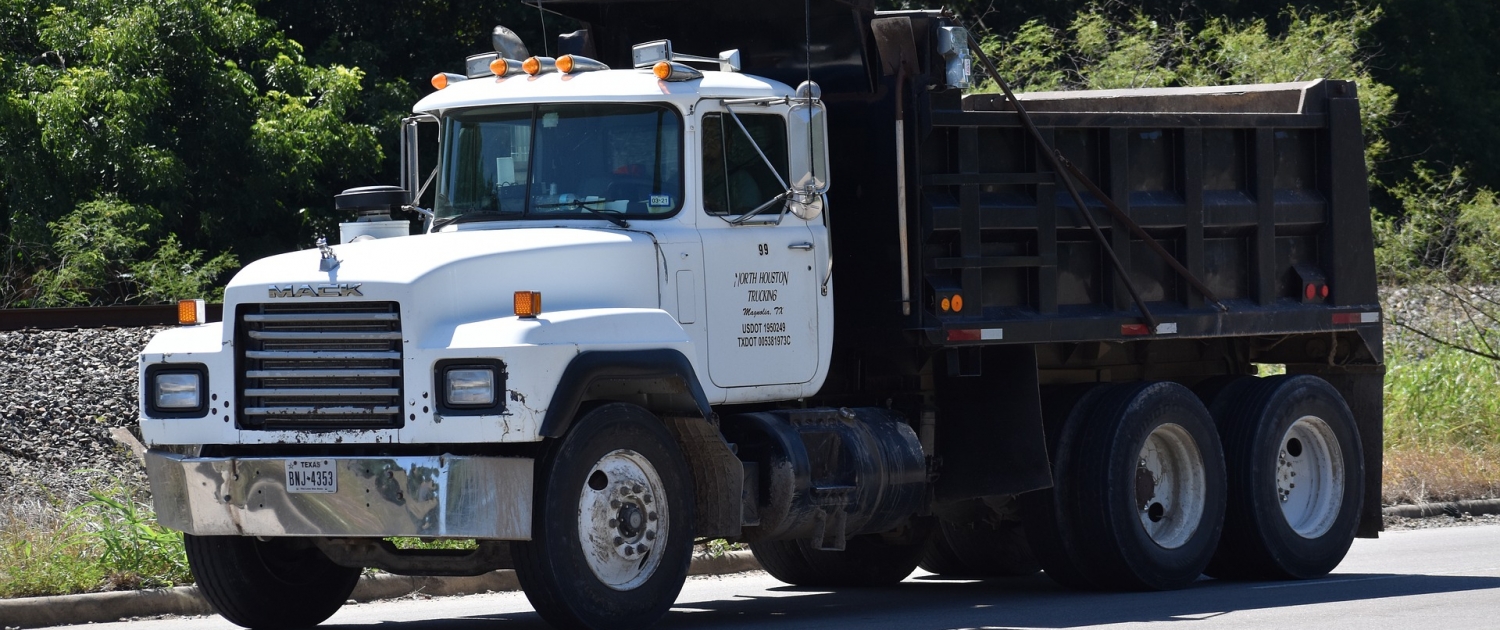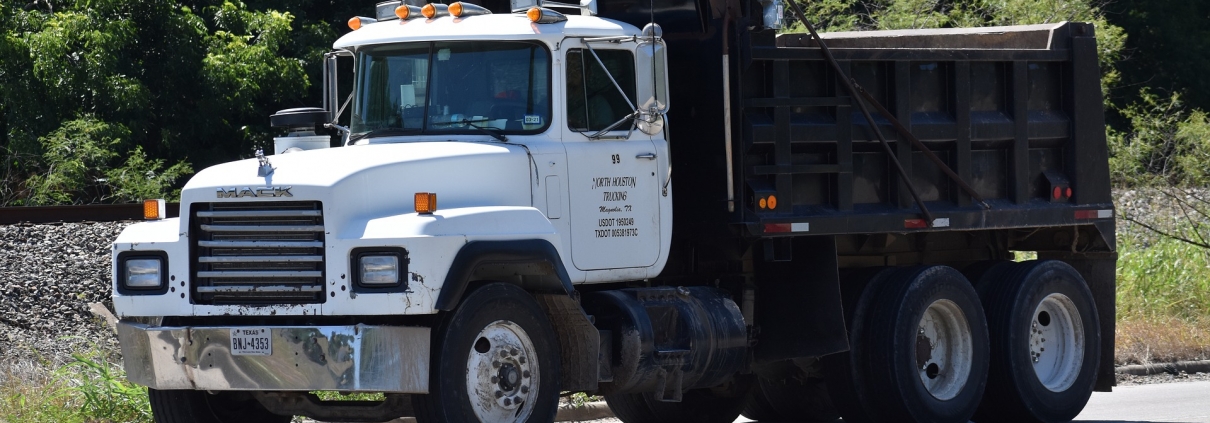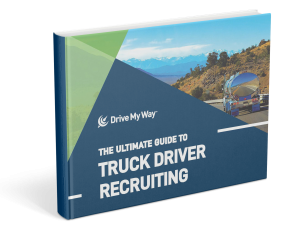
It’s tempting to use a universal recruitment strategy across all of your unfilled driving positions. Avoid the trap! That’s not the most effective strategy if your goal is to recruit for retention. While dump truck drivers may have a lot in common with other truckers, there are also key differences. Honing in on those unique needs and preferences will help set your recruiting strategy apart. When you are hiring dump truck drivers, there are a few specific job components that are essential to mention to candidates.
1. Home Time
Home time is always a top concern for drivers. Dump truck drivers are no exception. Not only that, but some dump truck drivers may have sacrificed higher pay for increased home time. With that in mind, make sure that drivers get the details they need. There are two key questions to answer. The first is, “How often can drivers expect to be home?” The second is, “Is the schedule consistent?” Drivers may have additional questions, but these two questions should be addressed upfront.
How To Talk About It
Chances are, dump truck drivers are looking for regional or local jobs for a reason. If drivers share that they have a family or other specific motivations for staying close to home, incorporate that into the conversation. Talking to a driver with a family with young kids? Highlight time for attending their little league game or birthday parties. When possible, make it personal.
2. Compensation
Compensation is central to every hiring conversation. At a minimum, drivers want to know how much they can expect in pay and how that pay is determined. For dump truck drivers, clarify whether their pay is hourly, load-based, or determined based on other criteria. If you offer opportunities for drivers to increase their salaries based on performance or longevity, make sure to mention it. Similarly, include bonuses and incentive programs as part of the total compensation. That said, all the bonuses in the world won’t make up for low pay. To attract drivers, the total compensation should be at or above the industry average for your region.
How To Talk About It
Talk about the highlights, and make sure to present this as a total compensation package, not just salary when hiring dump truck drivers. There’s no solution for a lousy salary, but you can create a more holistic picture of your job offering if the pay doesn’t tell the whole story. After you’ve spoken, give drivers plenty of opportunities for questions.
3. Route & Level of Touch
Since dump truck drivers can be residential or commercial, it’s important to clarify the expected route when hiring dump truck drivers. This should also be in the job description, so this information won’t be new for drivers. That said, it’s always helpful to make sure that drivers are crystal clear on the position expectations. This is not an easy job, and drivers should be prepared. Drivers also need to know the type of work environment they will be in. For example, if drivers will be working on a construction site, drivers should know that before they start.
Drivers should be crystal clear on position expectations. That includes work environment, route, and level of touch among other job elements.
Similarly, make sure to include the level of touch in all hiring conversations. Driving a dump truck can be a very physical job, and that needs to be communicated to drivers. That said, don’t assume that a high level of touch is necessarily a bad thing for all drivers.
How To Talk About It
Emphasize whether the job is typically the same routes or if drivers are frequently going new places. Some drivers prefer consistency while others find it monotonous. When talking about the level of touch, try not to make too many assumptions. Keep a positive tone and state the level of touch as a fact. Anticipating concerns could create problems where there otherwise would not have been any. By focusing on clarity upfront, you’ll find a driver who is a good fit for your job.
4. Schedule
As with home time, schedule is often very important for dump truck drivers. For some drivers, a better and more consistent schedule could be their reason for job searching. In the recruitment or hiring conversation be prepared to share specific details. For example, are there typical start and times? Do drivers have consistent days off? Will drivers work weekends or holidays? Are there other key scheduling details that might not be obvious to drivers? Include those details early in your conversation.
How To Talk About It
Workplace happiness is often about meeting expectations. With that in mind, try to set clear expectations about the schedule from the start. It might be counterintuitive, but that is especially important for any details that drivers might not like. When talking with a candidate, give as much detail as possible without over-promising. Then, drivers know what you are looking for, but they won’t have the overinflated expectations that can lead to high turnover.
5. Equipment
Operating a dump truck often requires manual labor from the driver. Unsurprisingly, that makes good equipment a top priority. Many drivers know what they’re getting into, and they are invested in having the right equipment to get the job done safely and efficiently. When you talk with drivers, make sure to communicate if you use roll off trucks, hooklift trucks, or something else. If you have specific expectations around skills drivers need to have, let them know. Similarly, if you are willing to train drivers on the job, share that too.
How to Talk About It
Because equipment is so important in this role, make sure the details are shared in the job description as well as in recruitment conversations. Drivers will want to know the make, model, and year, so be prepared with details. They may also have questions about the number of miles on the vehicle or its current condition. Use this time to highlight safety practices and how your company cares for drivers through equipment.













